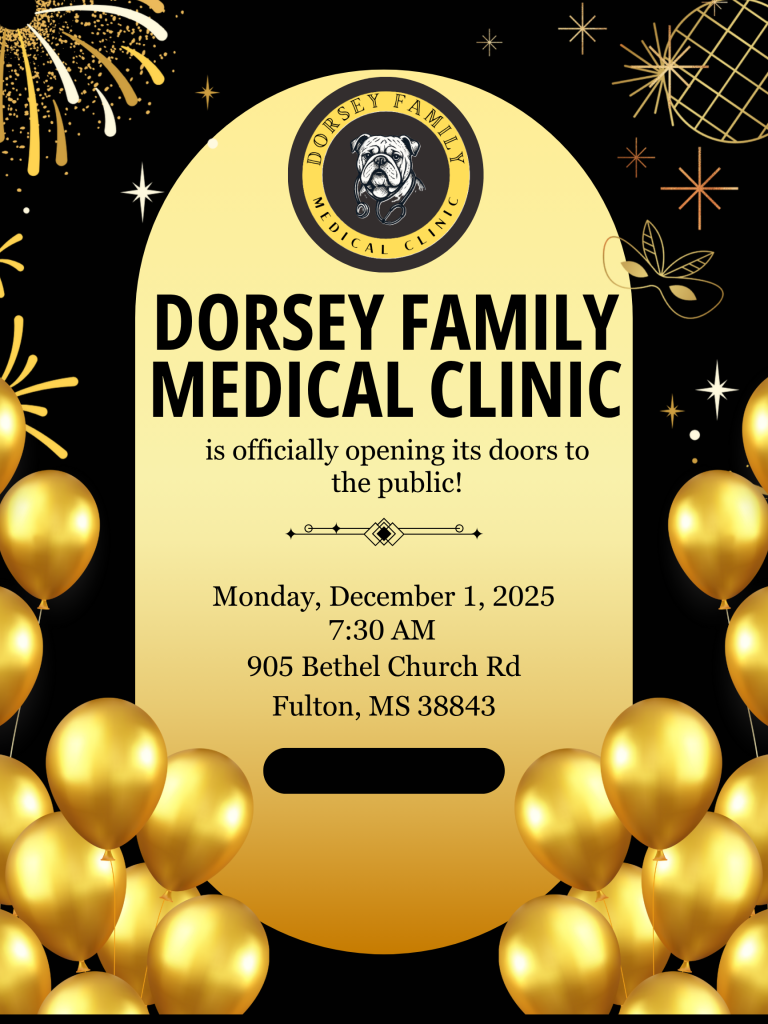
In May Ariana Grande announced on Instagram that a sudden illness caused her to cancel scheduled performances in Orlando and Tampa. A day later she revealed a sudden allergy to tomatoes had caused her throat to close and that she still felt as though she were “swallowing a cactus”.
Most of us associate food allergies with children and babies, not twenty-five-year-olds who have been eating tomatoes all their lives. A study published in the Journal of the American Medical Association’s (JAMA) Open Network revealed 10% of adult Americans reported having developed a food allergy in adulthood. Less than 25% of those, however, did not have any allergies as a child.
Interestingly, only half of those adults who reported a food allergy had mentioned it to their medical provider. Most simply avoided the offending food.
What’s your risk?
It’s hard to pinpoint the risk of a specific person to develop a food allergy in adulthood. Allergies often develop after repeated exposure to a substance, which means you might have eaten that shrimp pasta without any problems a week ago but you could experience a reaction to it today. As mentioned above, only 10% of adults report a food allergy so don’t let this fear keep you up at night.
What are the symptoms?
Food allergies almost always include some type of skin reaction which could include swelling, itching, and hives. Other reactions may include one or more of these symptoms:
- Vomiting
- Stomach cramps
- Shortness of breath
- Wheezing
- Repetitive cough
- Shock
- A weak pulse
- Dizziness
Most reactions to food happen within 30-60 minutes of having ingested the substance.
How do we treat it?
Obviously avoiding the offending food is first on the list, but you should also contact your doctor. You may need to carry an Epi-pen.
Another reason to contact your provider and see an allergist is your allergy may not be to the food you suspect. Medications can lower the immune system allowing your body to overreact to normal substances or your allergy could be to the medication and not the food at all. It’s also possible you have an “oral allergy syndrome” where your body mistakes the proteins in the food you’ve eaten to pollen like grass to which you are allergic.
What are the most common food allergies?
Never heard of a tomato allergy? That’s probably because it’s not on the list of the top 9 most common food allergies, but it doesn’t mean it isn’t a real allergy. Most food allergies in adults, however, are related to one of these:
- Shellfish
- Milk
- Soy
- Peanuts
- Wheat
- Tree Nuts
- Sesame
- Finfish
- Eggs
Ariana Grande is back on her concert tour now, which is a reminder that food allergies may alter some of what you can eat, but it doesn’t have to limit your activity.







 Every year during the spring and summer seasons, people who suffer from allergies suffer in silence. In the South, the longer growing season, temperate weather, and tons of rainfall means plants grow and bloom longer than in northern climates which makes the allergy season in the places like Mississippi much longer and more intense.
Every year during the spring and summer seasons, people who suffer from allergies suffer in silence. In the South, the longer growing season, temperate weather, and tons of rainfall means plants grow and bloom longer than in northern climates which makes the allergy season in the places like Mississippi much longer and more intense. 
